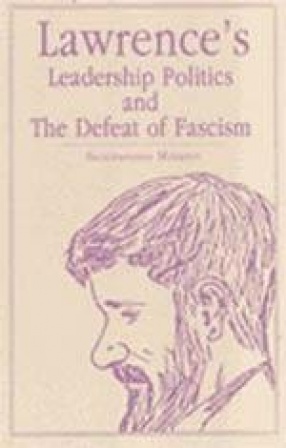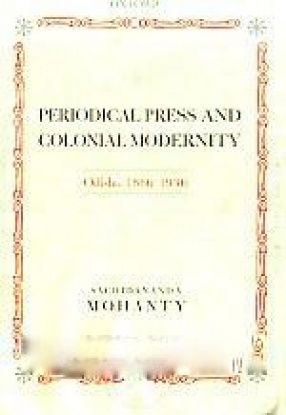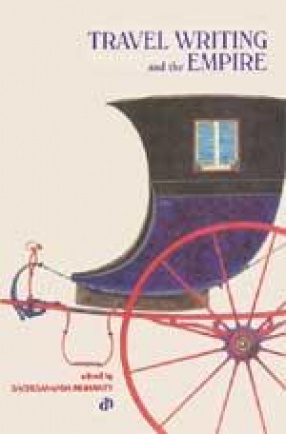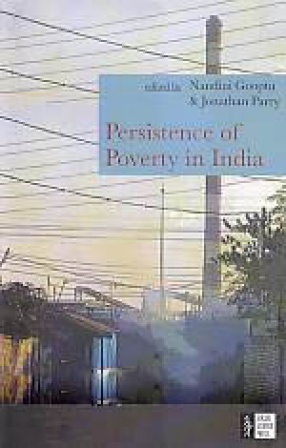Despite his reputation as the " greatest imaginative novelist " of our times, D.H. Lawrence’s politics and ideology continue to remain, even today, an object of enigma. In this critical work, Sachidananda Mohanty examines the charge – recurrently made – that Lawrence was a fascist who glorified the State and advocated, especially in his " leadership fiction, " a domineering male leadership ideal. There is a great deal of evidence that might suggest that Lawrence had an attraction towards fascism and a patriarchal leadership ideal. But such an attraction, Mohanty argues, is always resisted in Lawrence’s narratives. Employing insights from psychological literature, the author looks closely at the " leadership fiction " of Lawrence, generally regarded as " artistic failures. "Mohanty contends that the dialectics in Lawrence’s narratives are often at odds with his non-fictional statements. The presence of subversive irony and ambiguity in the tales often undermine the surface statements espousing fascism and disclaim the view that Lawrence’s " leadership fiction " were meanly didactic exercises devoid of artistic merits. Dr. Mohanty sees Lawrence’s deep interest in power — evidence in some of his finest essays – as an essential corollary to his metaphysic of love and his theory of self-transcendence and concludes that Lawrence belonged to the non-fascist " heroic-vitalist " tradition of Blake and Nietzsche.
Lawrence’s Leadership Politics and The Defeat of Fascism
$18.00
$20.00
In stock
Free & Quick Delivery Worldwide
All orders amounting to US$ 50 or more qualify for Free Delivery Worldwide. For orders less than US$ 50, we offer Standard Delivery at $14 per book.
ABOUT THE AUTHOR Sachidananda Mohanty
Recipient of The Katha Award - 1992 (Presented by the President of India) , Sachidananda Mohanty is currently on the faculty of the Department of English, University of Hyderabad. The author has earlier taught English Literature at Utkal and Berhampur University in Orissa. Educated at Sri Aurobindo International Centre of Education, Pondicherry and the University of Hyderabad, Dr. Mohanty received his Ph.D. from the Indian Institute of Technology, Kanpur in 1987. He was the British Council Visitor in U.K. for 1990 and during 1990-91 he was the Visiting Fulbright Scholar at the Humanities Research Centre, University of Texas at Austin, U.S.A. Dr. Mohanty's writings have appeared in some of the leading journals and newspapers of the country and his first book Phonix in Peacock's Land : D.H. Lawrence Scholarship in India (co-authored) was earlier published by The Writer's Workshop, Calcutta.
reviews
0 in total
Review by Anonymous
Be the first to review “Lawrence’s Leadership Politics and The Defeat of Fascism” Cancel reply
You must be logged in to post a review.
Bibliographic information
Title
Lawrence’s Leadership Politics and The Defeat of Fascism
Author
Edition
1st ed.
Publisher
ISBN
8171880681
Length
170p.
Subjects
more by Sachidananda Mohanty see more
similar bookssee more
Limits of Parliamentary Control: Public Spending in Bangladesh
One of the important ...
$24.30
$27.00
How to Succeed as a Scientist: From Postdoc to Professor
This unique, practical guide ...
$27.00
$30.00








There are no reviews yet.